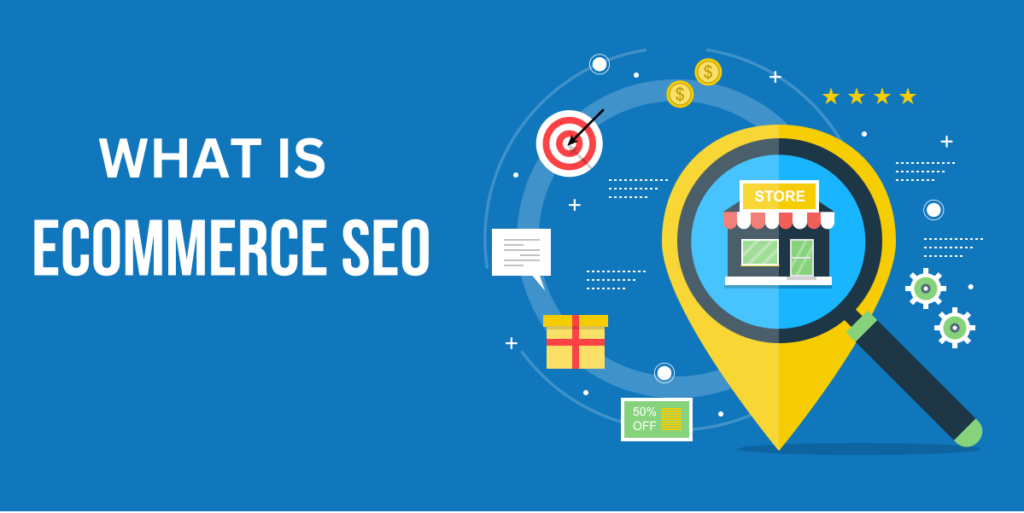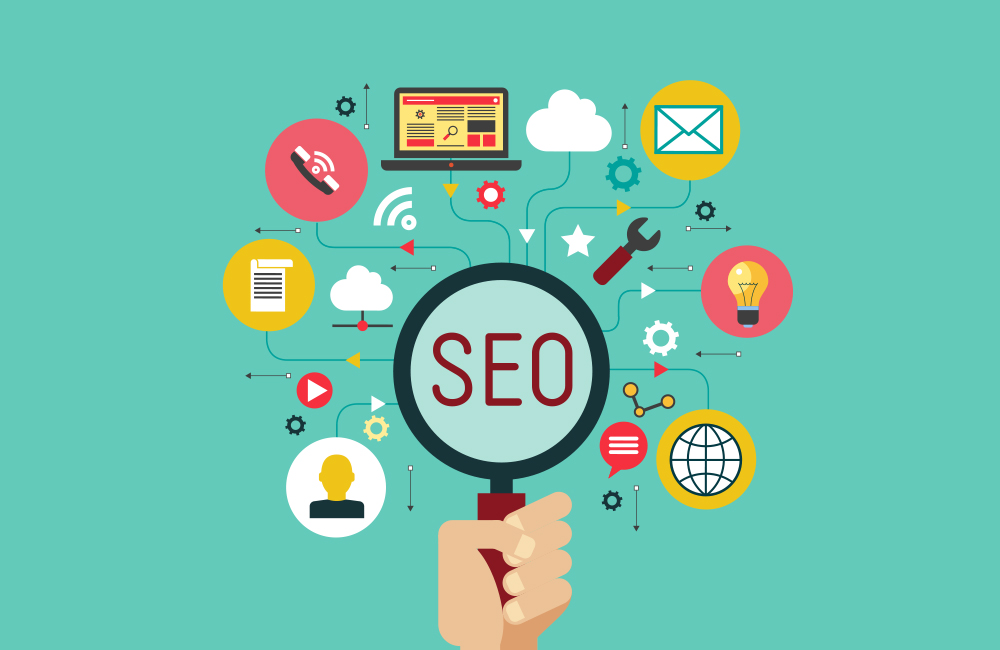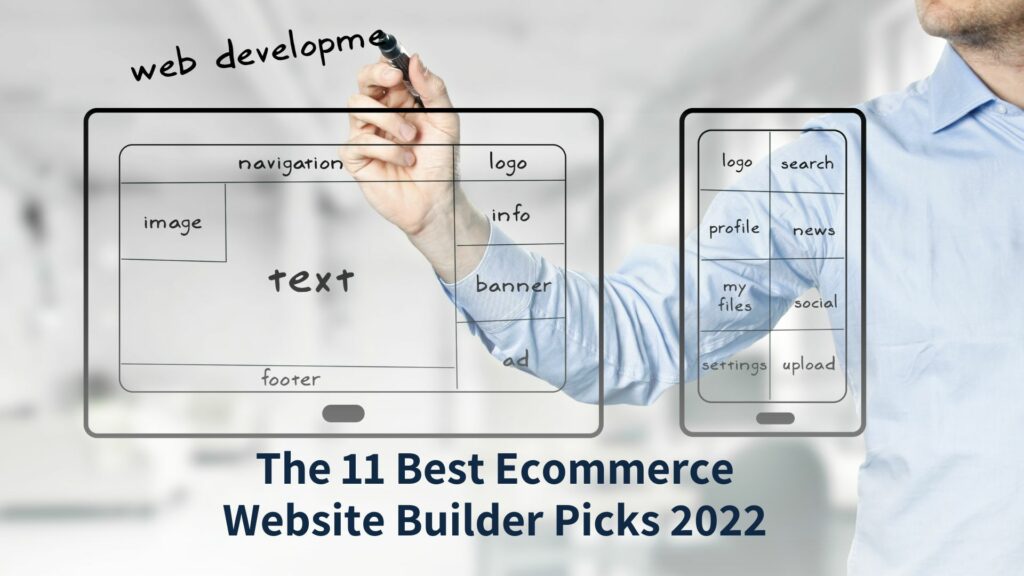
What is SEO and why should you know about it?

What is SEO and why should you know about it?
Let’s say you want to create an online store and have no idea about how to go about it. The first thing you would probably do after solidifying your idea is look up on google as to how to create an online store. You will most likely click on one of the websites that show up first on your google page. These websites are the ones that have used the SEO process effectively to get featured on the first SERP (Search Engine Results page).
But defining SEO is not as simple. The SEO process functions on multiple levels to increase the traffic to your page. If you are to understand SEO in a simple yet general way, excluding the in-depth technicalities, here’s a list to get you started;
- Understanding the differences between paid and organic search results – The primary idea of using SEO is to generate organic traffic to your site without having to pay google to be ranked at the top.
- Although paid results show up on the top of the page, the organic results are the most clicked on. It is estimated that almost 80% of the audience click on SEO results instead of paid ones.
- It is very important that in SEO, the landing page (the ultimate page you intend your audience to click on) is directly linked to your Ecommerce website.
- The last and final thing you need to remember is the usage of keywords in the right places to make your website worthy and credible.
Why should your ecommerce website rely on SEO?
If you have an e-commerce website, the best way to market your business is by using SEO. This ensures your e-commerce website reaches a wider audience.
If you are brainstorming reasons on why you should stick to SEO processes, consider the exposure you get through google search results organically without spending capital.
You are only optimizing the way your e-commerce website is portrayed on the internet by making it valuable.
How to transform your ecommerce business using SEO?
There are several ways to increase the efficiency of your e-commerce website and manage the high traffic that your site gets. The productivity and competence of your e-commerce site depends on a few things that are the basics in molding your SEO to achieve success or see stable results.
Keywords
Keywords play a major role in SEO as it functions as the essential element that attracts your audience. Say your e-commerce site is about gadgets, the keywords that you use in your site should be related to your business.
How do you source these keywords?
The most cost effective way of obtaining keywords is surprisingly by using google itself. All you have to do is type in the title of your e-commerce site or the important aspect related to or surrounding your website.
Scroll to the bottom of your page and you will find something called “Searches related to…” This gives you prime keywords because it is a direct source from a diverse range of audience who have looked up on something related to what you’re selling or the services that you provide.
The other way to source productive and powerful keywords is by using a tool that specializes in structuring keywords called SEMRush. This company offers monthly subscriptions for generating keywords and to get probable online ranking for e-commerce websites etc.
Another effective aspect of keywords is called Latent Semantic Index or LSI which is the basis of familiarizing your page with your keywords. This in turn means familiarizing yourself with what your audience needs to get from your page.
Choose your keywords wisely and add them to your descriptions, headlines, backlinks, your meta-title and meta-descriptions but remember not to overuse them.
Website structure
Making your site accessible is one thing but making navigation easy on your page is a task. You might want to add a lot of features or might want to highlight everything on your website and might end up crowding your website with either too many pages or with too many tabs.
This will not only confuse your audience but will also annoy them. This is a very significant aspect of search optimization.
The thumb rule of structuring your website effectively is to make every landing page or every product accessible within a distance of three clicks.
Backlinks
Backlinks are the “backbone” of your e-commerce website. Create blogs on your webpage and write about your product or service. You could also write generally about the field you work for.
Connect with related pages, highly credible sites that have an established brand identity, your producer, reseller and wholesaler to feature you.
Prioritize only what is important
This has already been highlighted in the previous section where we talked about making navigation on your site easy. The stress lies on how well and how detailed you portray your e-commerce website.
Homepage is all
Your homepage is the first thing your consumers are exposed to so you need to concentrate on the SEO for your homepage. The simple rule for creating a productive homepage is to not clutter your audience with too much information but provide them with ample data that makes you credible and portrays you as worthy of their attention.
SEO builds reputation and creates a sense of professional temperament that is reflected in your brand identity. By using SEO processes and tools that aid you in creating a reliable site, obtaining a good google ranking must be one of the primary goals of your e-commerce journey.
This guide gives you a general and basic idea of how effective SEO can be and how well you could attune your site or online store to SEO processes to build a fully functional and successful e-commerce business.






Responses